
Air Rage: Understanding the Laws and Implications of Unruly Passengers
Every three hours an EU flight has an incident with an unruly passenger, and 70% of these disruptions involve some form of aggression, reports the European Union Aviation Safety Agency (EASA).
Fact: Unruly behaviour on a flight can result in fines of up to $37,000 USD
Meanwhile, the IATA reports that in 2022, there was one incident of air rage for every 568 flights, and the number seems to be on the rise. So, why is this happening more frequently, and what laws are in effect for dealing with disruptive passengers themselves and the fallout from these events? In this guide, we’re going to explore air rage, what it means, how it’s handled, and what you need to do if you ever encounter it on a flight.
What Counts as Unruly Behaviour
According to the International Civil Aviation Organisation (ICAO) an unruly passenger is someone who doesn’t respect the rules of conduct at an airport or aboard a flight or someone who fails to follow airport staff or airline crew instructions and, as a result, disrupts the orderliness and discipline at an airport or during a flight.
Meanwhile, The Tokyo Convention (1963) describes unruly behaviour as any act that jeopardises the safety of the aircraft, people, or property therein whether or not the acts are considered offences of a State.
Still, these are broad definitions. So, in order to help airlines determine what constitutes unruly behaviour, the International Air Transport Association created a list of examples of what could be accurately described as unruly behaviour.
Examples of Unruly Behaviour
Skybrary put together a partial list of what the IATA considers unruly behaviour.
- Screaming, shouting, and annoying fellow passengers
- Sexual abuse or harrasment
- Making any kind of threat to the crew or other passengers
- Being uncooperative by refusing to follow instructions or interfering with the duties of the crew
- Being verbally or physically confrontational with crew or fellow passengers
- Taking illegal drugs
- Refusing to comply with instruction from crewmembers
- Illegal consumptions of narcotics
- Failure to comply with safety instructions
What's Causing Passengers to be Disruptive
During the pandemic, the Federal Aviation Administration (FAA) noticed an uptick in the number of disrupted flights caused by passengers who exhibited “threatening or violent behaviour”. While drug use, mental health problems, exhaustion, and frustration all play a role, intoxication appears to be the biggest contributing factor that fuels belligerence during a flight.
For many people, the airport, and flying in general, can be an anxiety-inducing experience. Combine that with long lines, running the gauntlet of security screening, dealing with flight delays, cancellations, overbooked flights, and missed connections and the pre-boarding atmosphere can become overwhelming for some.
Once on board, passengers can become even more agitated by the lack of room and personal space, not enough room in overhead bins, and noise from fellow passengers, kids screaming, or babies crying. If someone is fatigued, frustrated, and they’ve had a few drinks, these kinds of irritations can put them over the edge.
If your flight is delayed or cancelled, you may be able to get compensation from the airline. Find out by entering your flight details below.Check flight
Levels of Threat
Because unruliness can take so many different forms, the ICAO created a hierarchy for the kind of threat disruptive passengers pose.
- LEVEL 1 - Verbally disruptive behaviour
- LEVEL 2 - Physically abusive behaviour
- LEVEL 3 - Display of a weapon or life-threatening behaviour
- LEVEL 4 - An attempted or an actual breach of the flight crew compartment
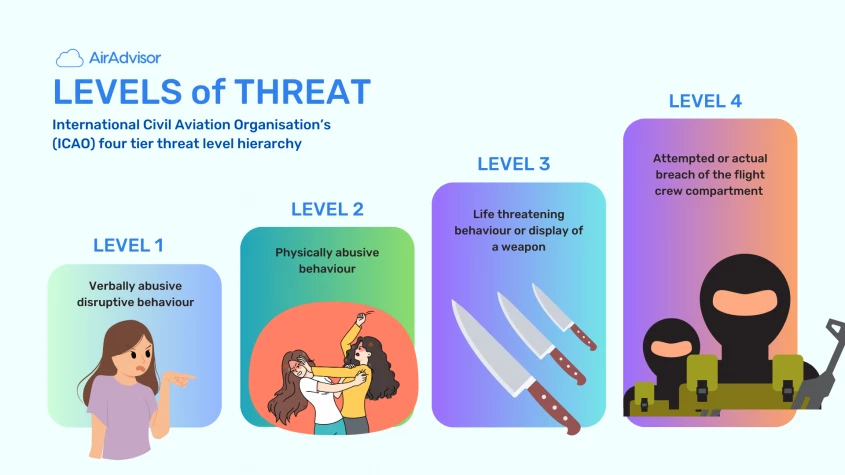
Regulations for Unruly Passengers
In most countries, unruly passengers who disrupt flights face fines, jail time, being added to an airline’s no-fly list, and reimbursement from the airline for the cost of having to divert the plane for an emergency landing. As with most laws, each country has their own specific regulations.
EU Regulations
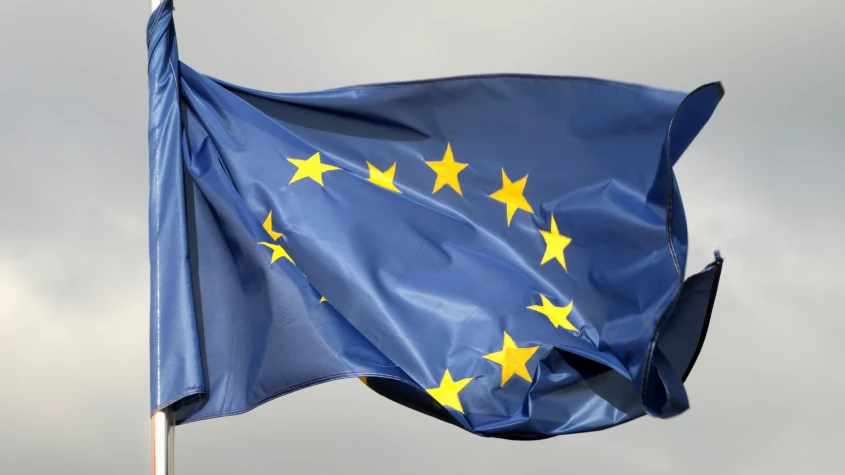
In the EU, unruly passengers are dealt with by a mix of EU regulations, the specific laws of member countries, as well as international treaties like the Tokyo Convention of 1963 and the supplementary Montreal Protocol of 2014.
Specific laws for punishing offenders vary quite a bit from country to country and depend on the severity of the unruly behaviour. As an example, in France, (according to their Transport Code) unruly passengers who threaten an aircraft’s safety can be fined up to €75,000 as well as spending up to 5 years in prison.
UK Regulations
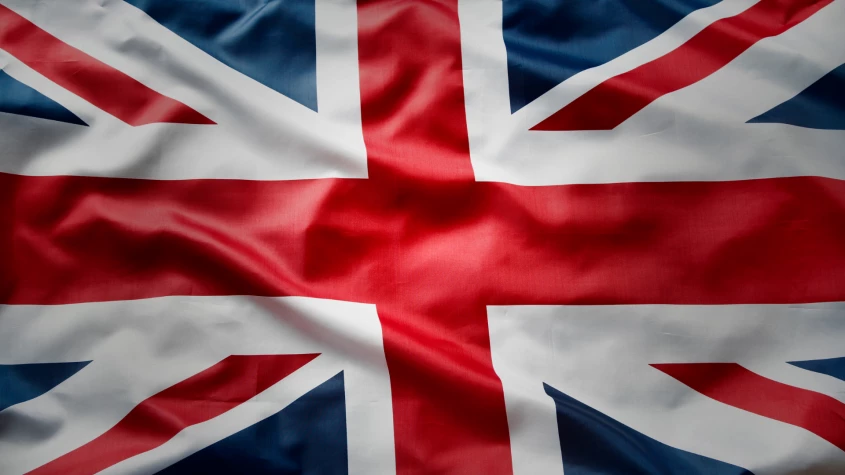
In the UK, the Civil Aviation Authority (CAA) states that unruly passengers can be prosecuted based on the severity of the disruption.
- Intoxicated passengers can be fined up to £5,000 as well as a 2-year prison sentence
- Passengers who threaten the aircraft’s safety can face up to 5 years in prison.
- Unruly passengers may have to reimburse airlines anywhere from £10,000- £80,000 to compensate for the cost of the diversion.
Canada Regulations
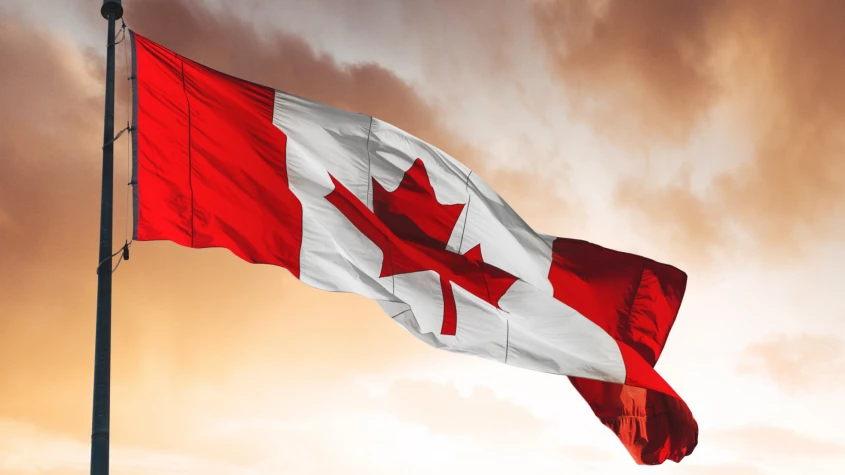
In Canada, rules for unruly passengers are governed by the Canadian Aviation Regulations and the Aeronautics Act. Disruptive passengers may be fined as much as $100,000 CAD and a 5-year prison sentence or in some cases, both.
US Regulations

In 2021 the FAA adopted a zero tolerance policy for disruptive passengers in the US. Prior to this, unruly passengers were handled with a combination of warnings or with civil penalties, but the new rules state that they will, “pursue legal enforcement action against any passenger who assaults, threatens, intimidates, or interferes with airline crew members”.
“Dangerous passengers put everyone at risk. Threatening or violent behaviour can distract and disrupt crewmembers from their primary responsibility - to ensure the safety of all passengers. If you disrupt a flight, you risk not only substantial fines from the FAA, but also federal criminal prosecution and jail time.” - Mike Whitaker, FAA Administrator
More specifically, unruly passengers in the US can face:
- Jail time
- Fines up to $37,000 per passenger
- Travel restrictions and being placed on airline’s no-fly lists
The fines are high because the disruption caused by unruly passengers can cause the flight to be either rescheduled or diverted which can result in a cascade of flight delays, missed connections, and other indirect effects which are all extremely expensive for airlines and infuriating for passengers.
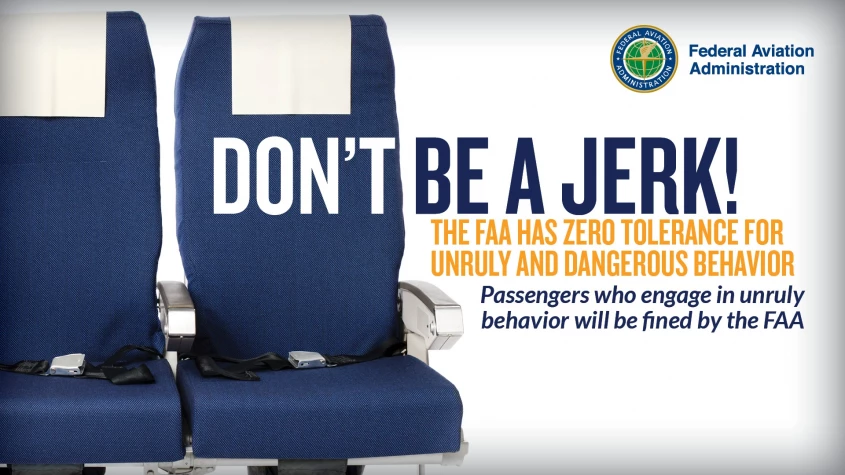
International Laws for Unruly Passengers
In many cases, unruly passengers on international flights were able to avoid prosecution. The 1963 Tokyo Convention, a treaty that governs “offences against penal law”, states that any offences that happen during an international flight would be handled by the country where the plane is registered and not by local authorities. So, if a passenger disrupted a flight, local authorities were unable to take action against them.
In 2014, the Montreal Protocol (MP14) was adopted to deal with this loophole and expand the rules of the Tokyo Convention. The rules of MP14 allow individual states to handle unruly air passengers and not just the country where the plane is registered. This treaty went into force in 2020, and to date, 44 countries have ratified it.
Unruly Passengers Cause a Ripple Effect
Air rage affects more than just the fellow passengers and crew. If a disruptive passenger delays departure or causes a plane to be diverted for an emergency landing, it can result in a cascade of delays and missed connections.
Compensation
Even worse, passengers affected by these delays and missed connections have no recourse for their extra expense and inconvenience. EU261 and UK261 require airlines to compensate passengers for flight delays and cancellations as long as these flight disruptions were the airline’s fault.
In 2017, a passenger filed a compensation claim with TAP airlines because his flight from Brazil to Portugal was delayed which caused him to miss his connecting flight travelling to Norway. The delay was caused because an unruly passenger was assaulting members of the crew and biting his fellow passengers resulting in the plane being diverted.
The passenger who filed the claim was denied compensation from TAP because the unruly behaviour that caused the delayed flight was ruled as an extraordinary circumstance by the European Court of Justice in Luxembourg.
The rules of EU and UK regulations state that airlines do not have to compensate passengers for flight disruptions outside their control or caused by extraordinary circumstances but these are usually dangerous weather or airport strikes.
What to Do If a Fellow Passenger is Unruly
Flight attendants are trained to handle air rage by using conflict management skills to help them limit the amount of alcohol a passenger consures, safely restraining threatening passengers, and generally trying to diffuse the situation before it escalates. But what should you do if you’re on a flight where a fellow passenger becomes belligerent?
The best thing you can do is to alert crew members of the disruptive behaviour, if they haven’t already noticed, and avoid getting involved. Even though you may have good intentions, getting involved can often make the situation worse which increases the safety risk to you, the crew, and your fellow passengers.
Conclusion
With disruptive passenger incidents on the rise, both airlines and airports have begun implementing strategies to help the public understand the consequences they face for behaving badly during a flight. There is also some debate as to whether airports should take a more active role in screening unruly passengers before they get to the gate, and how much action airline staff should take in preventing unruly passengers from boarding. To enforce stricter measures for disruptive passengers on international flights, it’s important that more countries ratify MP14 - including the US which has yet to sign the treaty. In the end, it will take cooperation on all fronts to tackle the problem of air rage.
Have you had a cancelled flight in the last 3 years? You could be eligible for airline compensation! Check below to see if your flight qualifies.Check flight
No feedback
Leave your feedback
We don’t spam.

